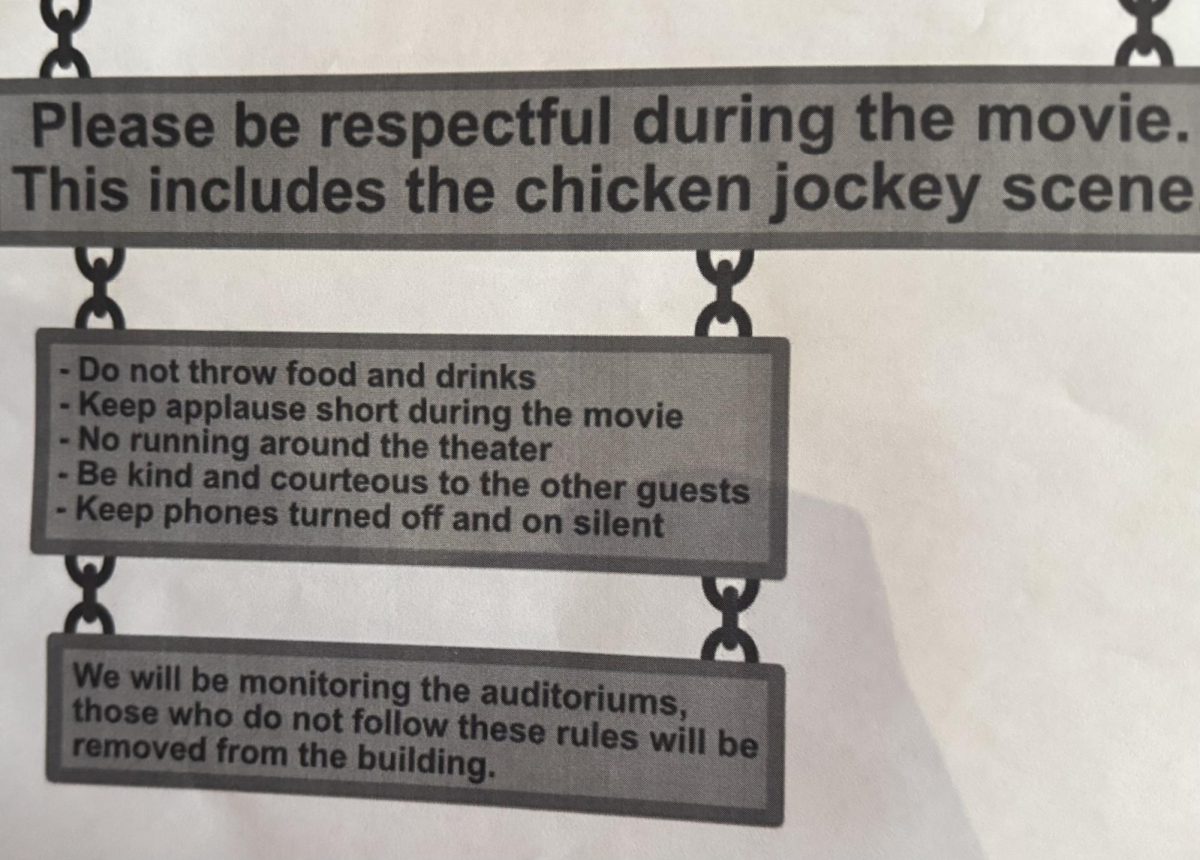Last week, we saw two important and contrasting events in American foreign policy. The first was Bernie Sanders’ speech at Westminster College, where he declared a need to “rethink the old Washington mindset.” He questioned the moral validity of Washington’s alliance with human rights violators like Saudi Arabia, stressed the need to classify climate change as one of our most important foreign policy questions and presented an approach to foreign policy centered on “our ability to develop consensus around shared problems, and mobilize that consensus toward a solution.”
The second event was that US bombers buzzed close to North Korean airspace, a move meant to demonstrate our willingness to use force on the Korean peninsula. In a statement, Department of Defense Chief Spokeswoman Dana White said that “the President has many military options to defeat any threat” and that “[w]e are prepared to use the full range of military capabilities to defend the U.S. homeland and our allies”.
The President’s overly hostile foreign policy, exemplified in his choice to fly American warplanes on the most provocative mission on the Korean Peninsula since at least the turn of the century, provides a stark contrast to the progressive foreign policy outlined in Bernie Sanders’ Westminster speech.
The speech was meandering, a practice in rhetoric more than policy. Still, clear themes were present, and they constitute a much better path forward for us as a nation than the one we are on right now. While Democrats have politically branded themselves as the peaceful party and have tended to be generally less confrontational than Republicans, they have not done enough to substantially challenge common attitudes around the use of force and the United States’ place in the world community. A progressive foreign policy diverges from the prevailing course in four important respects.
First, a progressive foreign policy recognizes that foreign policy starts at home: domestic political issues are intricately linked with our ability to pursue outcomes abroad. In order to promote democracy around the world, we have to live it as a lifestyle at home, not just as participate in elections. That means working on policy collectively, seeking broad input and compromise and doing everything we can to encourage voting.
We have to set an example with community-oriented policing and a fair criminal justice system so that we can “speak with the moral authority the world needs.” On these and a host other issues, if our own house is not in order, we will have no power or right to go about trying to help other countries manage themselves better.
From this flows the second difference, which is that a progressive foreign policy refuses to sacrifice our personal moral commitments as we pursue our interests abroad. We must denounce brutal authoritarian regimes, not smile sheepishly at them because our interests align on certain issues. When we deal with foreign adversaries in combat, abiding by the Geneva Conventions is a legal and political responsibility, but above all it is a moral responsibility. The War on Terror does not allow us to bypass standards of conduct. We need to hold ourselves accountable.
Third, we must show that foreign policy is more than national security and military confrontation. Many of the most important global challenges we face today are issues which the world community must address together because they threaten us all collectively. Increasingly dangerous storms caused by climate change don’t recognize borders as they ravage communities. Global economic inequality is a path to a global oligarchy in which the political course of the world is determined by a small number of like-minded individuals. Even if you don’t consider yourself a global citizen, these threats affect American citizens as well, and we need to participate in addressing them.
Finally, a progressive foreign policy must challenge the idea that the only way to show resolve is through a willingness to use force. This is the most important way that we must change conventional wisdom about American foreign policy. Our over-reliance on military options severely limits our ability to lead and to provide productive solutions to international problems. (For a detailed analysis of this trend, I highly recommend Rosa Brooks’ recent book How Everything Became War and the Military Became Everything.)
The militaristic security posture which has become the standard — particularly the Republican standard — for American foreign policy is at once underdeveloped and overdeveloped. It is underdeveloped in that it does not recognize the immense leadership potential which lies in soft power and in a serious political investment in our alliances. Luckily, the United States is still positioned as an indispensable global ally. But doubling down on our reliance on hard power, as the current administration seems wont to do, does not assuage the concerns which the world community has over American leadership. It exacerbates them. These concerns are the primary barriers to a more comprehensive global strategy for American foreign policy.
Our posture is overdeveloped in that establishment analysts have taken this superficial view of American leadership as military might and run with it. Too often, discussion revolves around increasing military spending, or expanding our nuclear arsenal, or developing over-the-top new weaponry. We spend more on defense than the next eleven countries combined, and still we add $50 billion to the defense budget in the blink of an eye.
Supporters of the military-industrial complex often argue here that while the U.S. spends much more on defense in absolute terms, we are 4th by percentage of GDP spent, and much of that money actually goes towards development and aid programs. These arguments miss the point. First, the fact remains that our military is already expansive enough to easily keep us safe from any aggressor nation. Categorizing military spending in terms relative to GDP obscures the reality of our military advantage.
In regards to the second point, the military should not be in the business of running development and aid programs in the first place. These programs perform a fundamentally different task than the military, and the bureaucratic structures and personnel are ill-fitting for that transition. These development and aid programs have been lumped into the Department of Defense because rather than advocate for their existence as autonomous and worthy government programs, members of Congress have simply chalked them up as defense necessities.
Our current tactics seem to distort Teddy Roosevelt’s famous quip, “speak softly and carry a big stick,” to read more along the lines of “speak loudly and wave around a big stick.” I’d like to get back to the original and add a corollary. Speak softly, carry a big stick and act with virtue.
It is imperative that we regain a sense of morality in our foreign policy which extends beyond the one-dimensional loyalty currently associated with “America First.” Actually putting America first, securing ourselves and leading the world means knowing when to step back and how to lead constructively, not just how to possess raw power.
The progressive movement has an opportunity here to more fully define its ideas and ideals in contrast to a flawed establishment consensus. Fundamentally, this debate over our foreign policy comes down to a question that we as a nation must ask ourselves: Are we world leaders, or are we merely world rulers?







Wanda Abraham • Sep 11, 2019 at 4:25 pm
I donít waste my free time in watching videos however I be keen on to read articles on net and get updated from hottest technologies.
Kylie Miller • Sep 10, 2019 at 10:37 am
Hi there, it is understandable piece of writing along with this YouTube video; I canít imagine that one can not understand this effortless paragraph having with video demonstration.
Nicola Anderson • Sep 7, 2019 at 6:56 am
Hi! I simply want to give you a big thumbs up for your excellent info you have got right here on this post. I am returning to your website for more soon.
David Hunt • Oct 27, 2017 at 7:30 am
You wrote: “When we deal with foreign adversaries in combat, abiding by the Geneva Conventions is a legal and political responsibility, but above all it is a moral responsibility. The War on Terror does not allow us to bypass standards of conduct. We need to hold ourselves accountable.”.
The Geneva Conventions are for peoples that, while at war, understand that there are rules. The Taliban has one rule: win. They violate the Geneva Convention at will, because they laugh at it.
You also dismiss America’s military budget forgetting that, as the world’s pre-eminent nation, we are also its number one target. You speak of military spending cuts; so tell me Mr. Knowitall, what is that magic number above which we’re safe, and below which we’re not?
Wars don’t happen because we’re strong, but because we’re weak. And given the choice between an adversary that thinks it might prevail, vs. one that knows it’ll be crushed, I’ll take the latter.